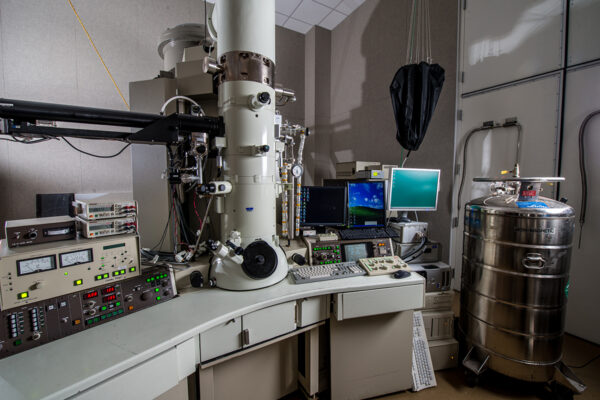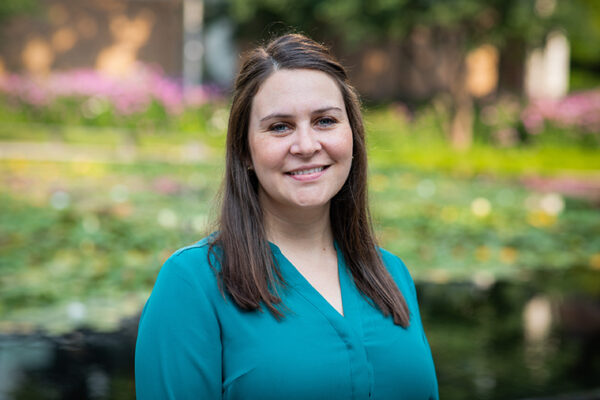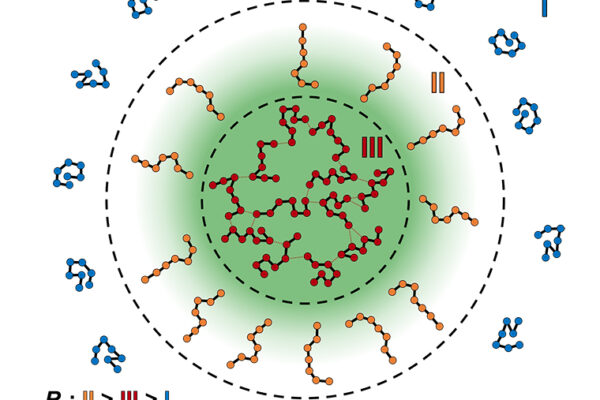The world generates about 300 million tons of plastic waste annually, and more than 90% of all plastic ever made has never been recycled. Part of what drives all that waste into landfills or into the environment is the difficulty of recycling plastic, which is designed to last for a very long time. Traditional plastic recycling suffers from a fundamental flaw, said Marcus Foston: there’s no financial incentive for companies to do it.
“There’s a lot of cost associated with cleaning, sorting and processing materials for recycling. It’s expensive enough that there’s just no value in it,” said Foston, an associate professor of energy, environmental and chemical engineering at the McKelvey School of Engineering at Washington University in St. Louis. “A lot of people in my field are thinking, ‘Okay, how can we upcycle? How do we take plastic waste, put it through some conversion technology, and make something that’s more valuable than the virgin plastic itself?’”
Foston and his co-investigator, Ulugbek Kamilov, an assistant professor of electrical and systems engineering and of computer science and engineering at McKelvey Engineering, recently received a $577,780 grant from the U.S. Department of Energy to do just that.
Read more on the McKelvey School of Engineering website.


